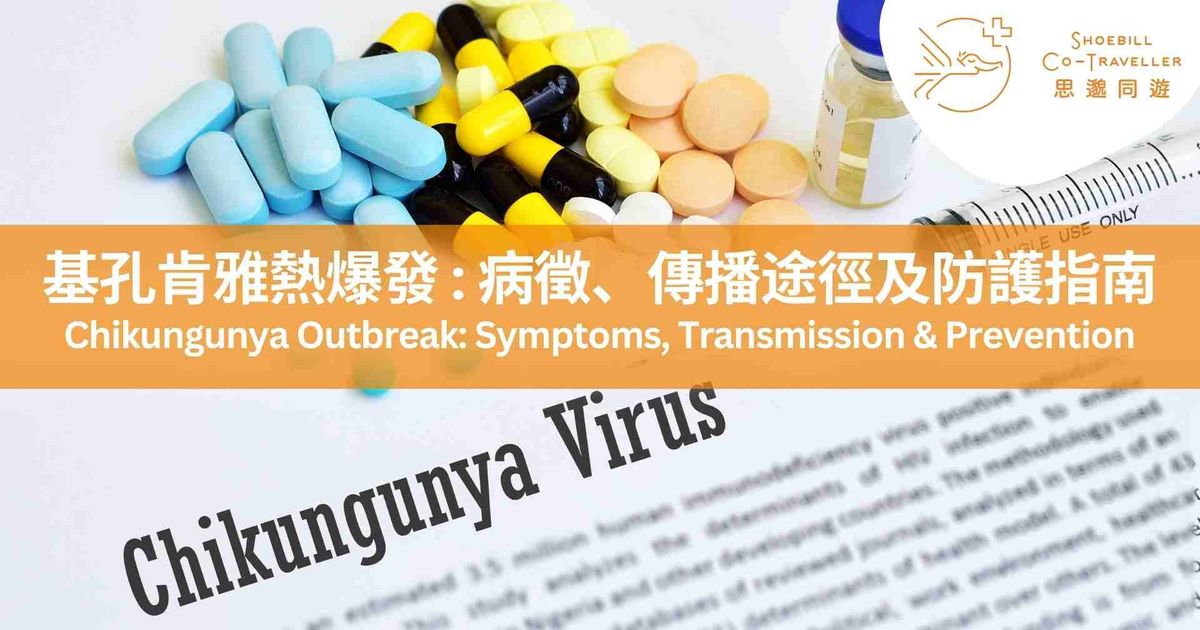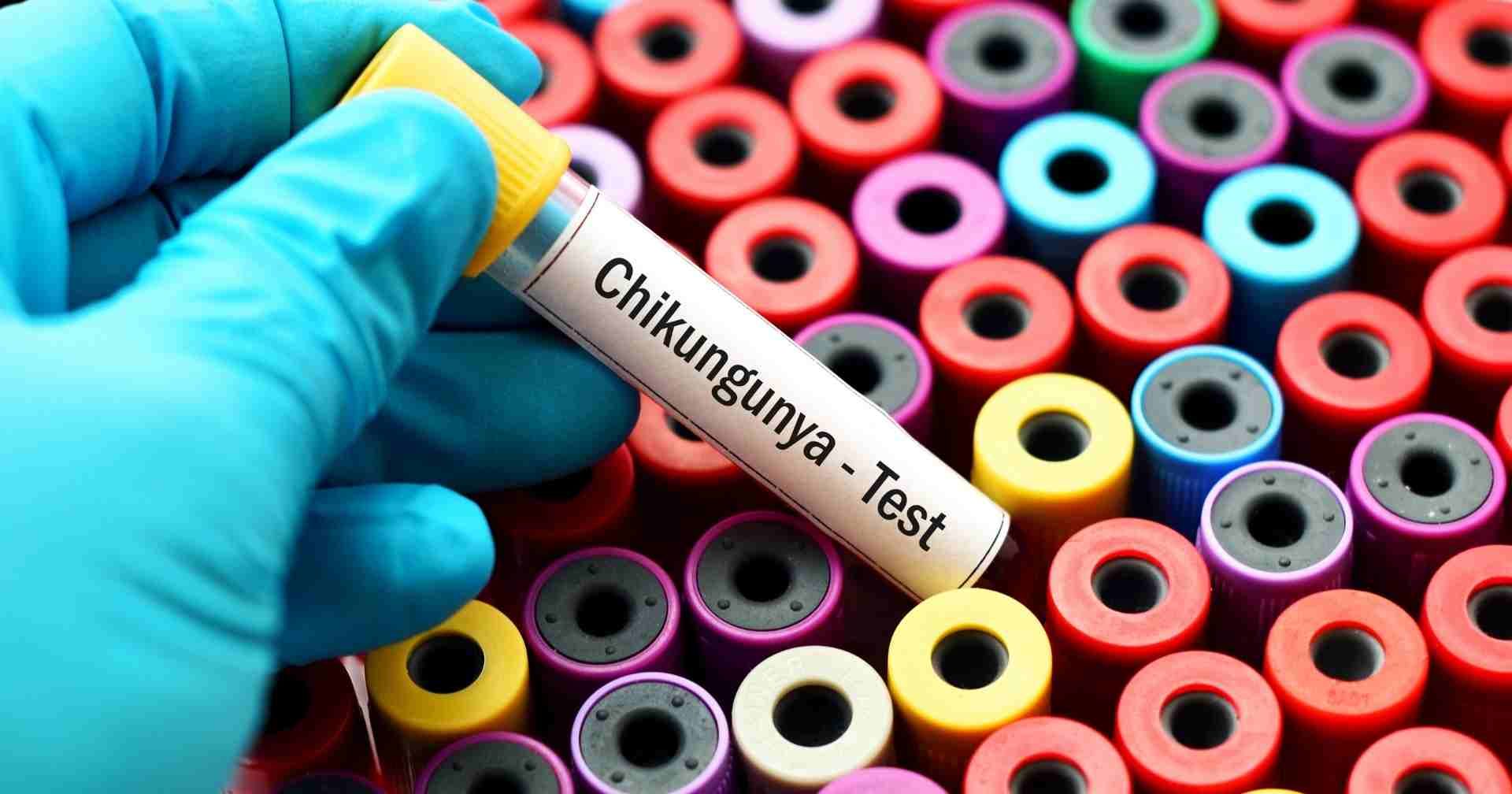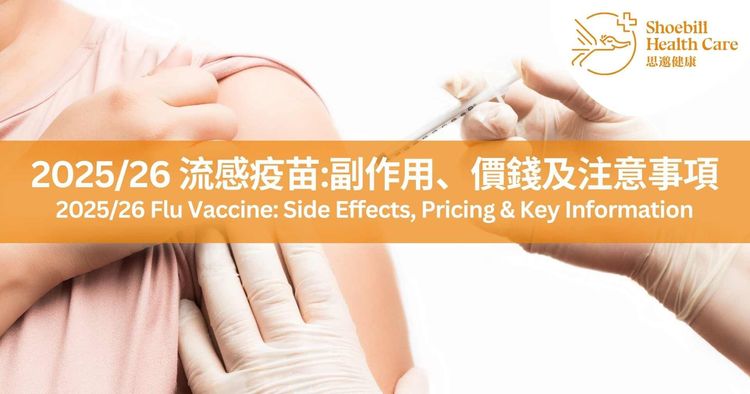
Latest Updates on Chikungunya
Recently, Foshan City in Guangdong Province has seen an increase in Chikungunya cases. According to the latest data, as of July 26, 2025, Foshan has recorded over 4,700 confirmed cases, with the majority (4,210 cases) concentrated in Shunde District. All reported cases have been mild, with no severe or fatal outcomes.
Additionally, sporadic cases have emerged in other cities across Guangdong. In Macau, as of July 25, there have been 4 imported Chikungunya cases, three of which involved patients who had visited Foshan during the incubation period. Notably, Hong Kong has not reported any confirmed cases since 2020. However, given the rise in cases in neighboring regions and the presence of the Aedes albopictus mosquito (a common vector in Hong Kong), residents are advised to remain vigilant.
What is Chikungunya?
Chikungunya is a mosquito-borne disease caused by the Chikungunya virus, primarily transmitted through the bite of infected female Aedes mosquitoes (such as Aedes albopictus or Aedes aegypti).
Common symptoms include:
- Sudden high fever (typically above 39°C)
- Severe joint pain (often affecting small joints like wrists and ankles, potentially lasting months)
- Rash (commonly on the torso and limbs)
- Muscle pain, headache, nausea, and fatigue
The incubation period is usually 3 to 8 days but can extend up to 12 days. While most patients recover within weeks, some may experience persistent joint pain, impacting daily life.
In rare cases, the Chikungunya virus can lead to serious complications affecting the eyes, heart, or nervous system. Newborns, older adults, and individuals with chronic conditions are at higher risk of severe outcomes.
How to Prevent Chikungunya?
As there is currently no Chikungunya vaccine available in Hong Kong, prevention focuses on avoiding mosquito bites and eliminating breeding sites.
Personal Protective Measures:
- Wear appropriate clothing: Opt for light-colored, loose-fitting long sleeves and pants during outdoor activities.
- Use insect repellent: Choose products containing active ingredients like DEET or Picaridin.
- Mosquito-proof your home: Install window screens and remove stagnant water (e.g., in plant saucers or air conditioner trays).
Travel Precautions:
- Take extra mosquito precautions when visiting areas with reported cases (e.g., Shunde in Guangdong or Southeast Asia).
- Continue using repellent for 14 days after returning to Hong Kong.
- Seek immediate medical attention if fever, joint pain, or other symptoms develop, and inform your doctor of your travel history.

Travel Health Support Services
We offer professional post-travel health assessments. If you have recently visited affected areas and feel unwell, our medical team can provide appropriate care.
While Chikungunya is typically mild, it can cause prolonged discomfort. With proper precautions, you can significantly reduce your risk of infection.
For more travel health advice or to schedule a consultation, please feel free to contact us.

![[Hong Kong International Travel Expo] Hong Kong's First Private Travel Health Management Center Featured on TVB](https://shoebill.sgp1.cdn.digitaloceanspaces.com/uploads/e7d3105fa21116fc7174f4dd0a55dc0e.jpg)
